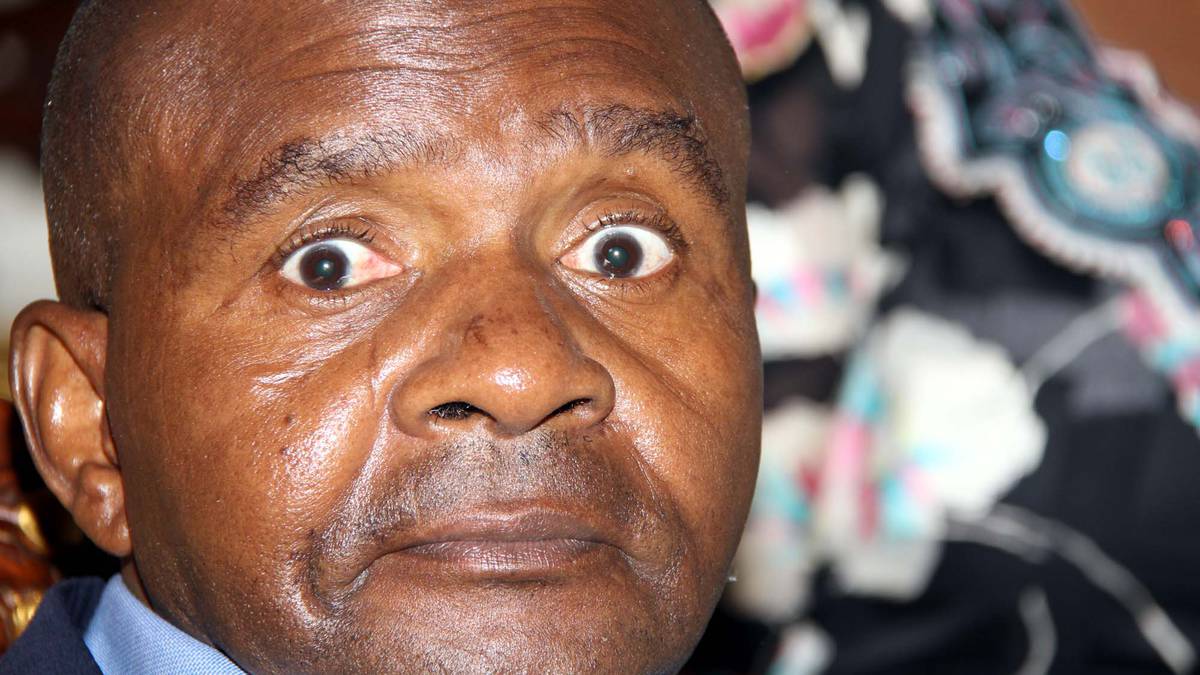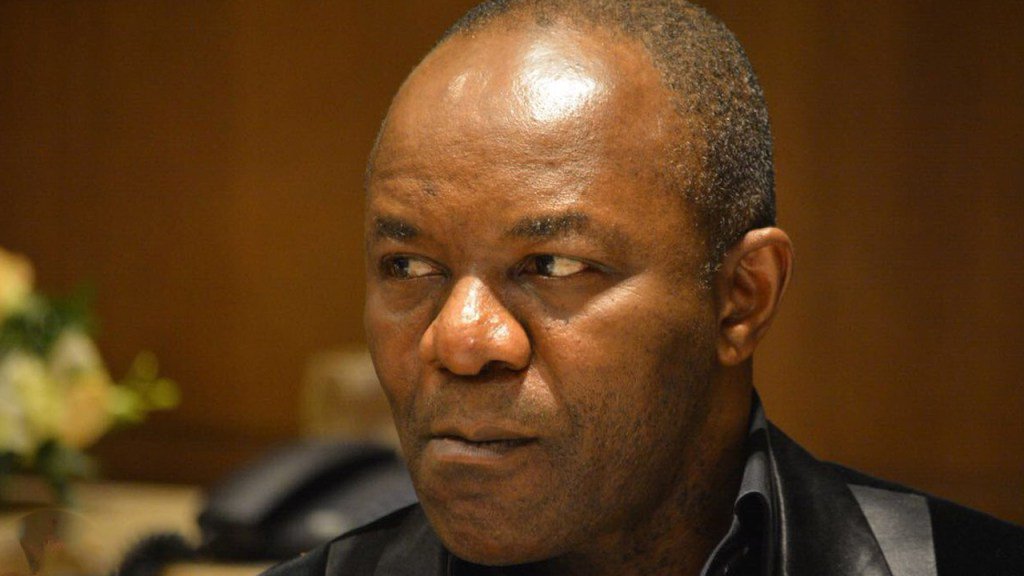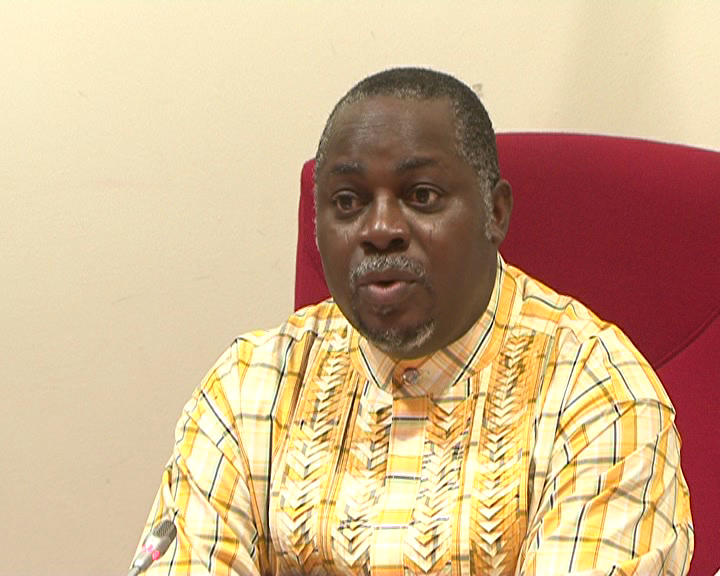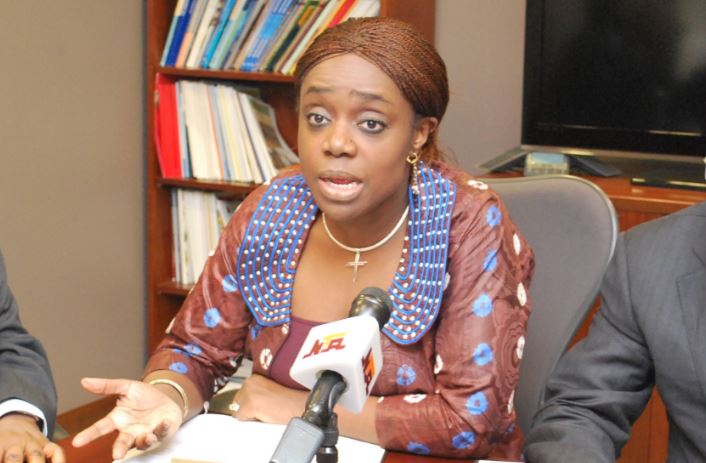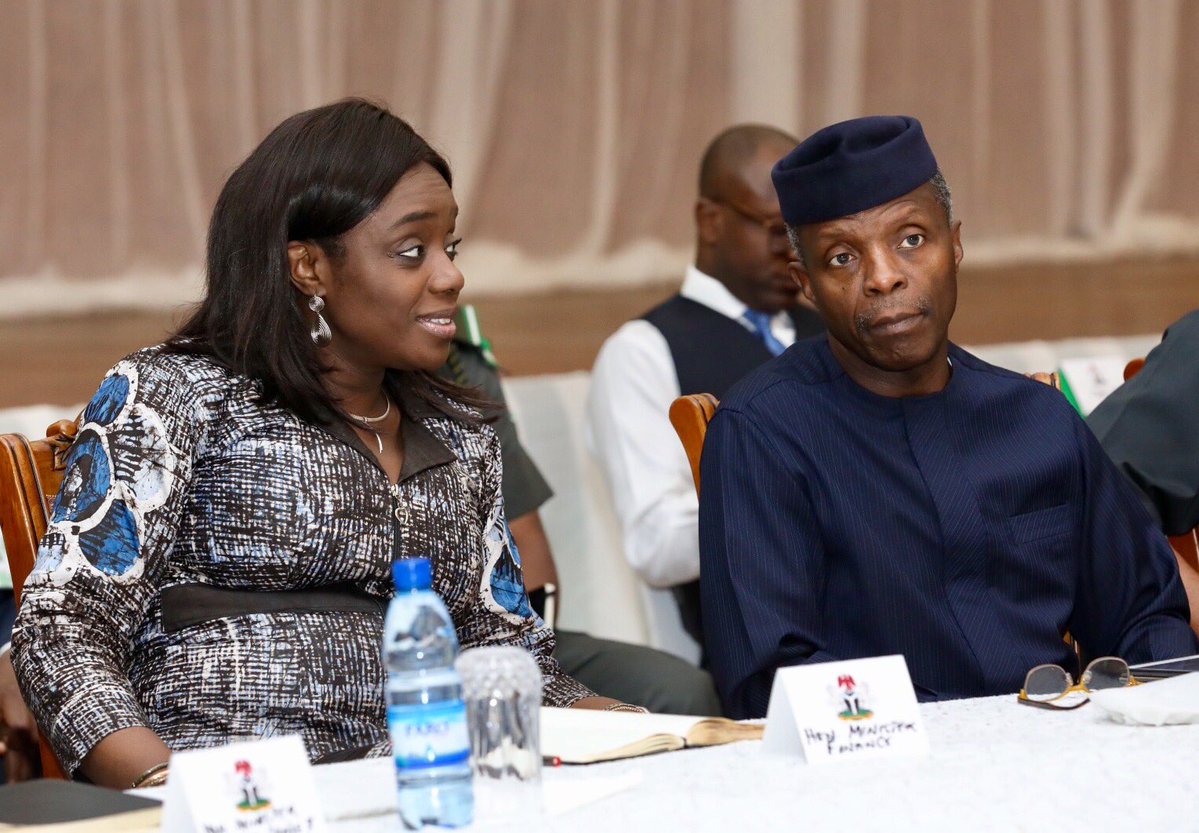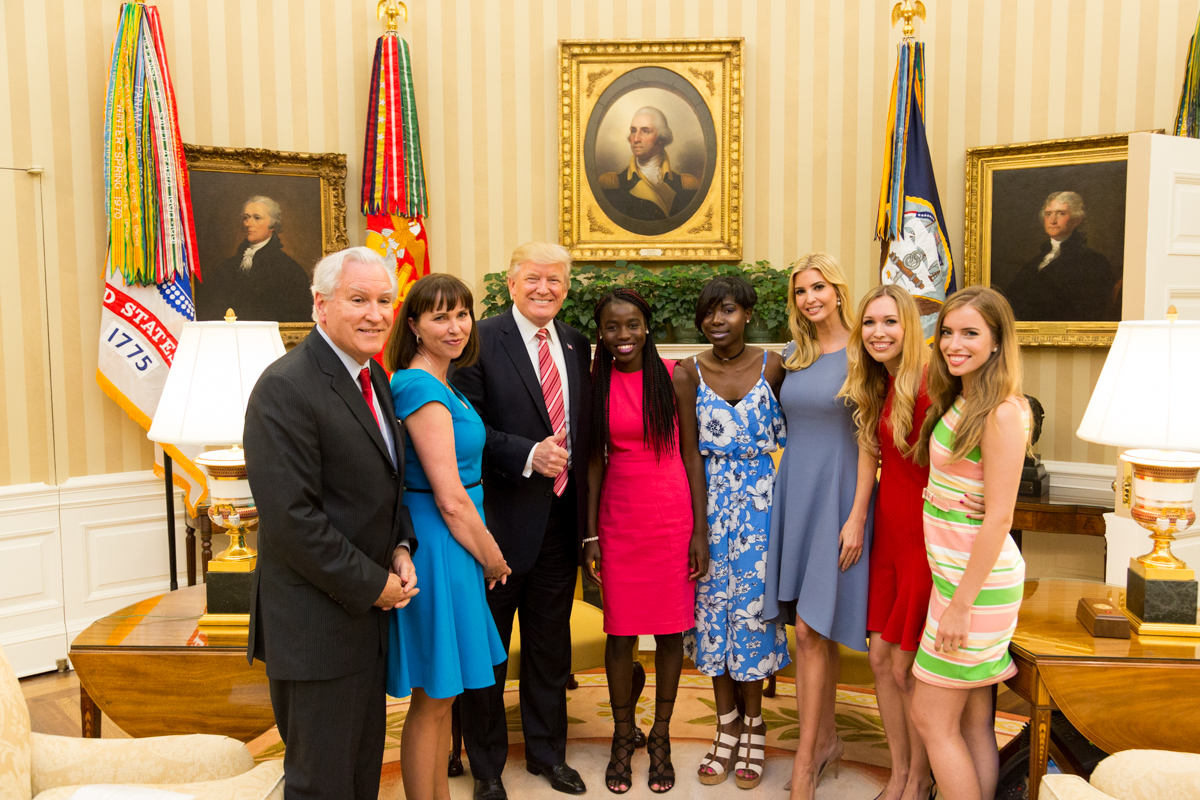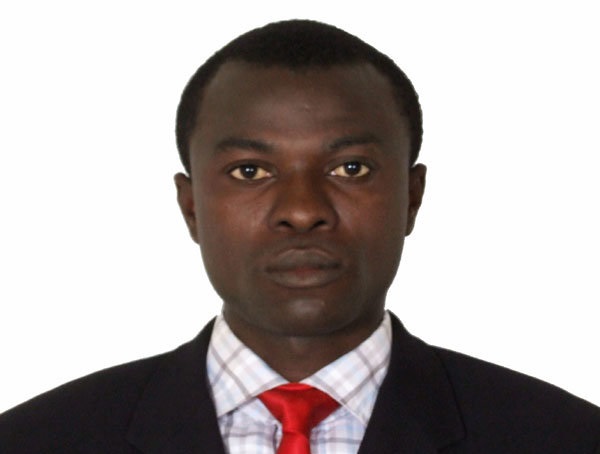After five years of coming in and out of different hospitals, Danbaba Danfulani Suntai, the former local government chairman who rose to the highest office in Taraba state, died exactly two days to his 56th birthday.
He had his last breath in Houston, Florida, in the United States, on Wednesday, bidding farewell to his children and wife, who was always by his side.
Suntai’s rough patch started on October 25, 2012, when a plane he was piloting crashed into a farmland in Namtari village, a suburb of Yola, capital of Adamawa state.
Of the four people on board, Suntai was the last to be rescued because he was trapped under the plane. Zirrah Koji, owner of the farmland, prayed for the speedy recovery of the victims but solicited assistance because his crops were destroyed.
Advertisement
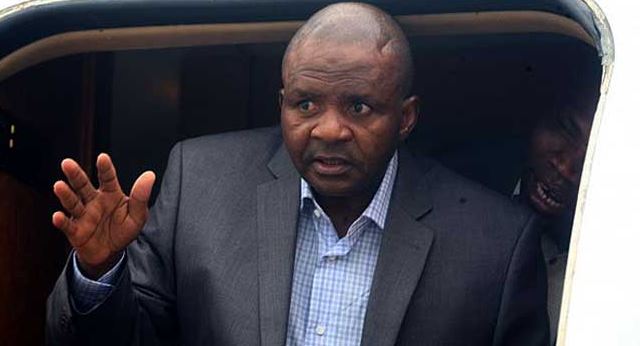
After the sad incident, Suntai spent two days at the National Hospital, Abuja, before he was flown to Germany.
CRISIS AFTER THE CRASH
While he was recuperating in the hospital, a constitutional crisis was brewing at home. Politicians in the state got divided between him and Garba Umar, his deputy. The state assembly rallied round Umar who eventually stepped in in acting capacity.
Advertisement
With time, the campaign to make Umar the substantive governor gathered momentum but after 10 months, Suntai returned home.
Within the short period he governed the state, Umar warmed his way into the hearts of many, especially some lawmakers.
When Suntai arrived, Tanko Maikarfi, deputy speaker of the assembly, declared that Suntai had been incapacitated and too ill to govern the state.
He called on his colleagues to mandate Suntai to return abroad for medical care and allow Umar to continue in office.
Advertisement
“A total of 16 out of 24 members signed the resolution the our principal should finish his treatment and that the acting governor should continue to manage the affairs of the state,” he said at a press conference.
“I can tell you what they do not want us to say, that the governor is incapacitated. He cannot walk, he cannot stand and cannot address anyone for more than three minutes.”
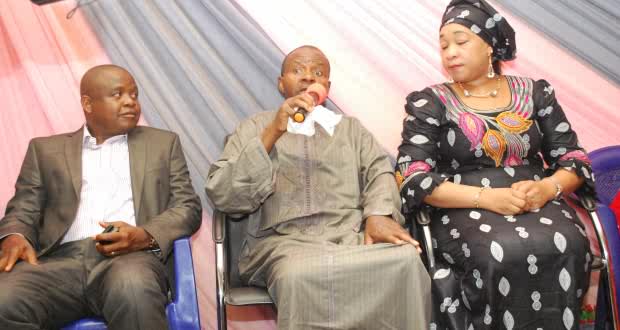
Later, the lawmakers visited Suntai and the speaker of the assembly announced that the legislators had unanimously agreed that Suntai return abroad to continue his medical treatment as he was not yet well enough to return to work.
Rather than heed the call, Suntai dissolved the state executive council. The dissolution was announced by the special adviser to the governor on media and publicity, Sylvanus Giwa.
Advertisement
Suntai managed to continue in office, but the need to revive his dying health took a better part of him.
‘CHASED’ NYAME OUT OF APC
Suntai fell out with Nyame, his predecessor, over divergent political interests. Nyame had wanted a candidate beside Suntai to succeed him, but the late governor fought through the barrier of incumbency to breast victory.
Advertisement
Nyame, who was considered as a “father figure” in the Peoples Democratic Party (PDP) in Taraba was eventually forced to leave the party for the Action Congress of Nigeria (ACN) when Suntai became governor.
Another person who he fell out with was Danladi Baido, PDP governorship candidate who won the primary election in the build-up to the 2007 election.
Advertisement
Baido was disqualified and the PDP replaced him with Suntai who did not participate in the primary election. Afterwards, their relationship became sour.
Baido later joined in a suit challenging Suntai’s election as governor. He even petitioned Mike Okiro, the then inspector-general of police (IGP), that Suntai threatened harm to him and his family.
Advertisement
Besides Baido, Suntai also had a cold war with Obadiah Ando, a former minister of water resources. Ando was accused by Suntai’s associates of campaigning against the PDP in Taraba.
SUPPORTER OF CHRISTIAN AND MUSLIM RELIGIONS
The late governor once said his administration was strongly behind both Christian and Islamic faiths since both religions teach peace, love and unity.
Speaking at a Quranic recitation competition in Bali local government Area, Suntai said parents, traditional and religious leaders had failed in their responsibility of instilling moral and religious values in youths and this had made them vulnerable to social vices, including kidnapping.
“Unless our children and youths are taught by their parents and religious leaders to imbibe the teachings and doctrines of the two main religions [Islam and Christianity] right from their childhood, they will not grow up to be responsible people in the society,” he had said.
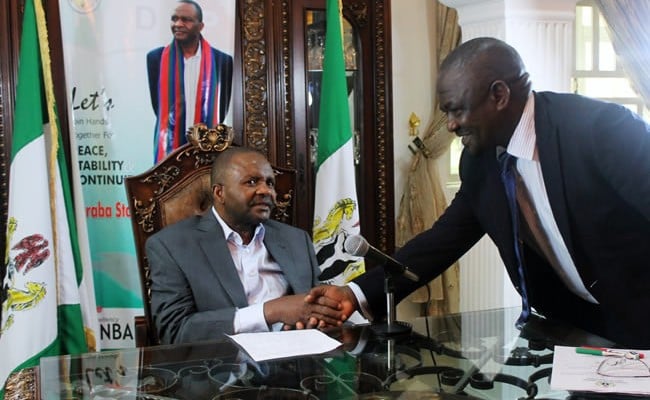
“We should all be held responsible for failing in our individual and collective responsibility of ensuring proper religious and moral upbringing for our youths.”
He also initiated reforms to make local government administration more transparent. During his tenure as governor pensioners received regular payments.
Born on June 30, 1961 at Suntai town in Bali local government area of Taraba, he attended Federal Government College, Kano (1975–1980) and the School of Basic Studies at Ahmadu Bello University, Zaria (1980–1981). He was admitted to Ahmadu Bello University where he read pharmacy and graduated in 1984.
He did his internship at Yola Specialist Hospital and his National Youth Service at the State Hospital, Ijaiye, Abeokuta, Ogun state (1985–1986). He then worked at General Hospital, Ganye in old Gongola State until 1991.
He was was elected chairman of his local government (1989–1993). In the 1999 election, he was state chairman of the All People’s Party (APP), when the PDP narrowly defeated the All Nigeria People’s Party (ANPP). In 2000, he became chairman of Taraba State Investment and Properties Ltd. He was appointed commissioner of the ministry of education (2000-2003), and worked at the ministry of health (2003–2005) before becoming secretary to the Taraba government.

